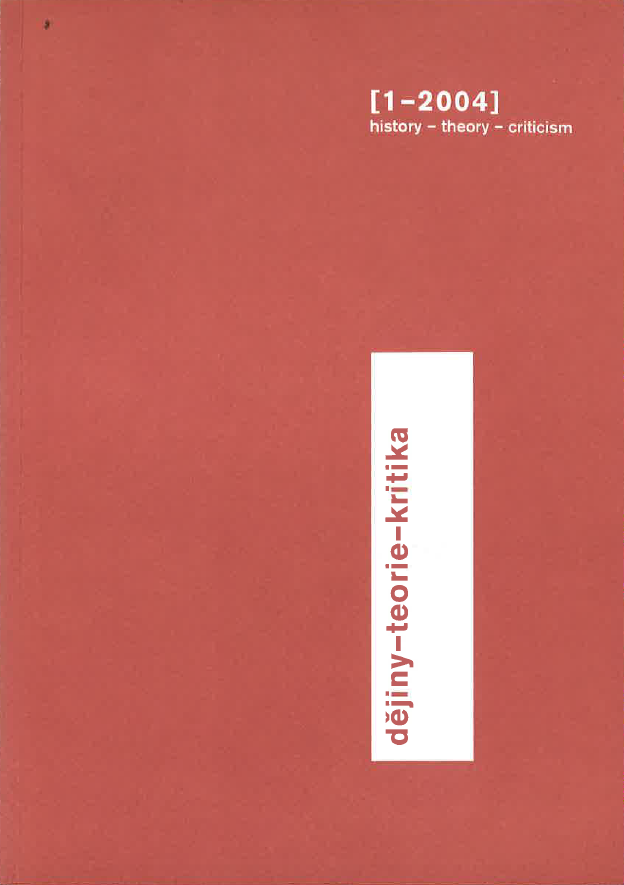Marc Bloch Today
National Hero and Historiographical Symbol
DOI:
https://doi.org/10.14712/24645370.3164Abstract
The life and work of Marc Bloch, who was executed by the Nazis in June 1944, have attracted increased attention since the 1990s. Several schools in France have been named after him and in both Europe and the United States he has become the subject of historical study himself.
There are several possible explanatoins for this growing interest. Media attention devoted to provocative interpretations of his conflict with Lucien Febvre over the publication of the Annales revue in German-occupied Paris reflects the Vichy syndrome in French collective memory. Bloch´s involvement in the resistance without party affilication represents a fixed point in a period when the role of the French Resistance during the Second World War is being painfully demythologised. Furthermore, as France today struggles with religious conflict his thorough-going commitment to the Republican tradition of assimilation has topical resonance as well.
Bloch´s historiographical legacy has been claimed by supporters of the pragmatic historiography close to Annales (G. Noiriel), who refer above all to his wartime fragment – Apologie de l´histoire, and by representatives of a school that is in some ways its competitor, i.e. the history of the present identified mainly with Henry Rousso, which emphasises Bloch´s testimony about the French defeat in 1940, L´étrange défaite. Also interesting are attempts by historians to interpret Bloch´s decision to join the resistance despite his advanced age.


